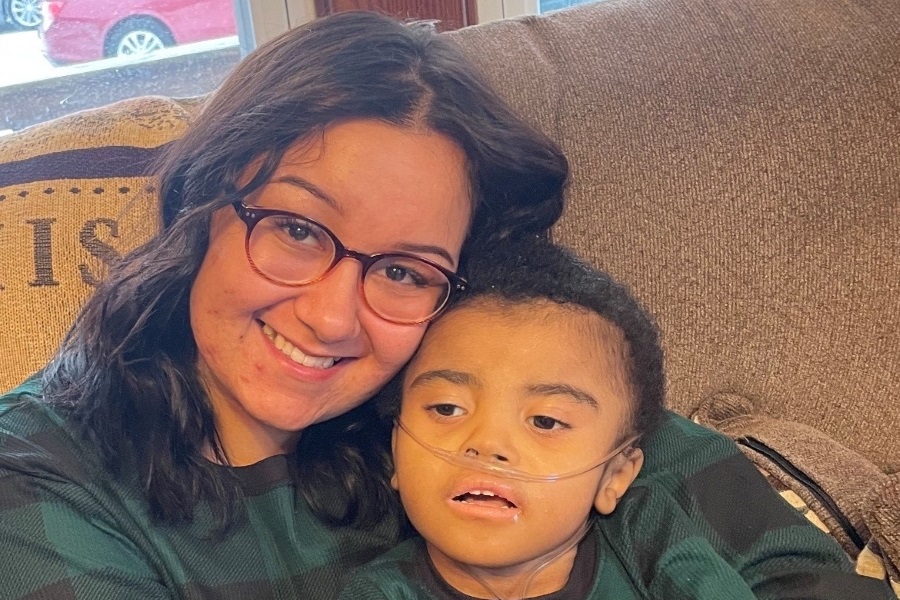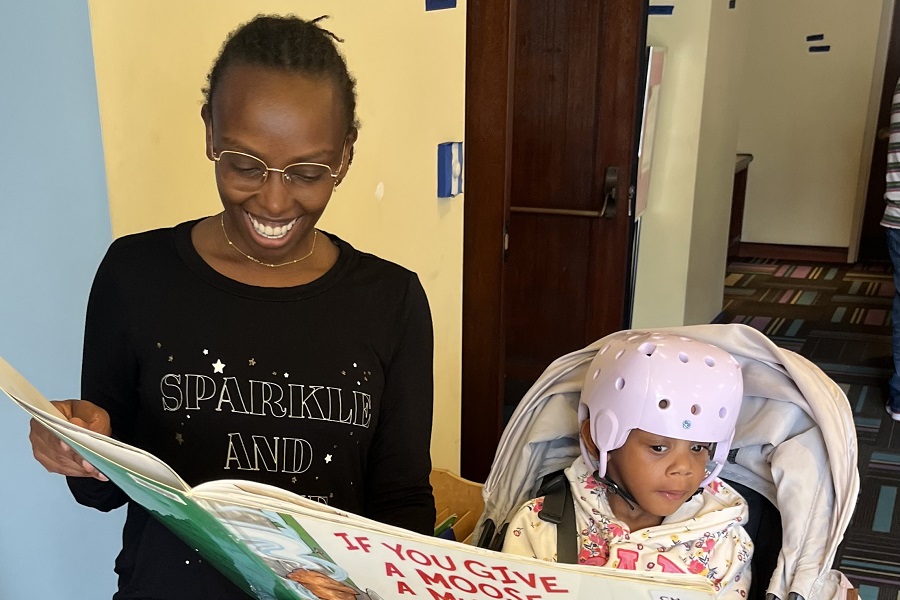Congratulations to Runner-up Lily S. from California.
One of the most inspiring and rewarding aspects of being a caregiver is being able to bond with another, especially through time spent conversing and sharing life experiences. People needing care usually feel sad or lonely and may not have the best of attitudes so caring for them can be difficult and time-consuming. They may be more resistant or defiant at the beginning, due to their condition or situation. So, building rapport will make the person you care for more at ease, more comfortable and easier to connect with. As they become more receptive, caring for them is achievable. Although lots of the work may be physical, the person receiving care becomes more willing and wanting to do more, which is best for them and the caregiver. The person receiving care becomes less hesitant to ask for help and they become happy to get help. They begin to look forward to seeing the caretaker not only for the care but for the company. Both start to open up to each other to bring trust. Their relationship strengthens during the caregiving period, during which the caregiver gains a greater sense of purpose and develops a new life skill of service and support that can be used throughout life.
Caregiving helps develop empathy and the ability to connect with people on a deeper level. Both caregiver and the person receiving care will know that you’re not there just to do a job but to be there as a person who cares. With that, it makes caring for that person easier, both mentally and physically. In turn, it helps the one receiving care trust that they are truly being cared for, and they develop a happier outlook. Caregiving is challenging at times, but working through the rough times can be fulfilling because it provides a sense of accomplishment and a greater sense of purpose. It’s a fulfilling and gratifying feeling to give back not only to the community but to a person or persons in need.





















